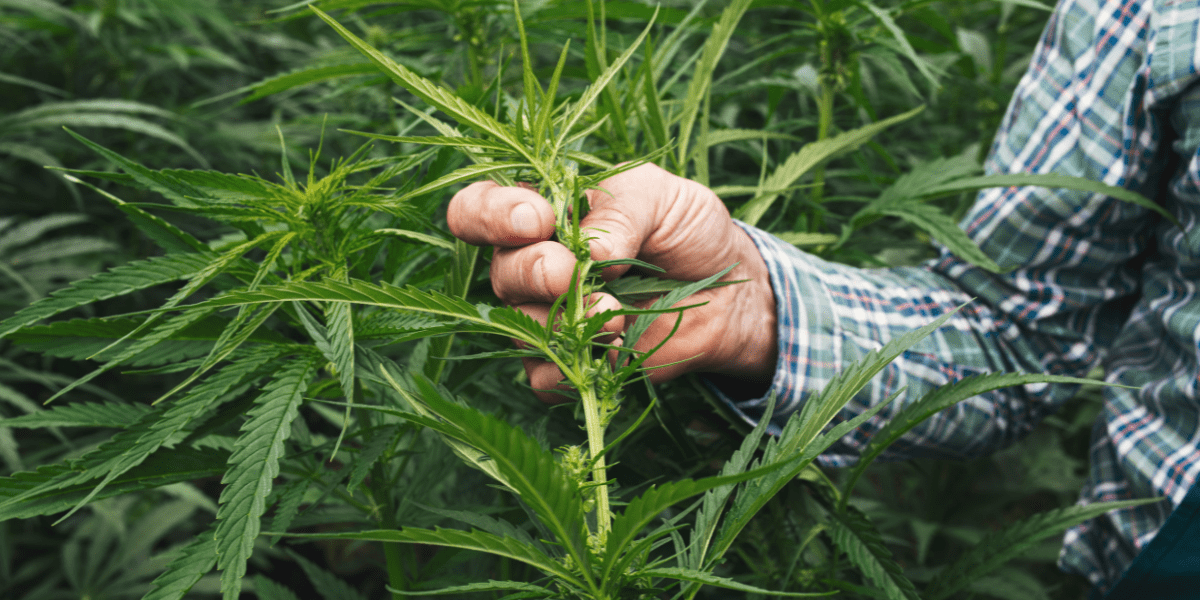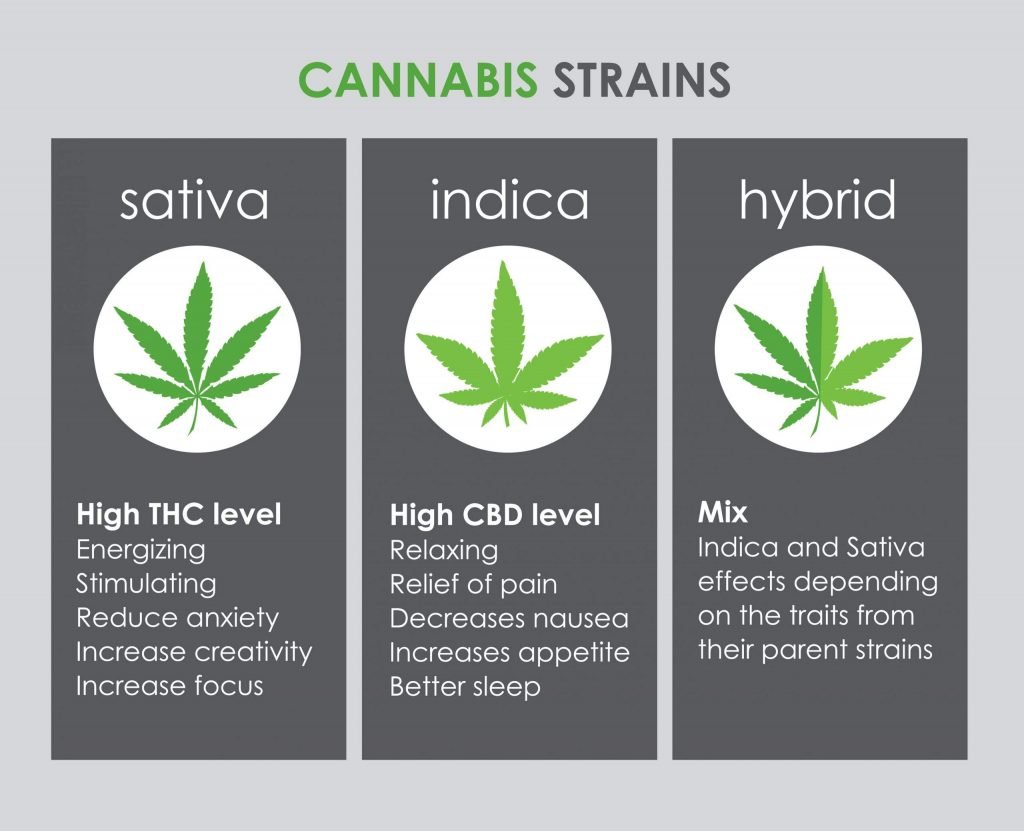The Next Farm Bill: What It Means for Hemp and Cannabis in 2024

What Will the Next Farm Bill Bring? The Future of Cannabis in U.S. Agriculture
Introduction
The Farm Bill is a critical piece of legislation that shapes U.S. agricultural policy, and with each update, it brings changes that have far-reaching impacts. Since the 2018 Farm Bill, which legalized hemp and catalyzed the CBD industry, cannabis farmers and industry advocates have been eagerly awaiting what the next Farm Bill might bring. In this article, we explore how the upcoming Farm Bill could influence the cannabis and hemp sectors and what key provisions are on the table for discussion.
A Look Back: The 2018 Farm Bill’s Impact
The 2018 Farm Bill was a game-changer for the hemp industry. By removing hemp (defined as cannabis with less than 0.3% THC) from the Controlled Substances Act, the bill effectively legalized hemp farming and sparked the rapid expansion of CBD products across the U.S. Since then, farmers have embraced hemp as a valuable crop, while consumers have flocked to hemp-derived products for their health and wellness benefits.
With the 2024 Farm Bill on the horizon, stakeholders are considering how to build upon the progress made in 2018 and address the challenges that remain in the cannabis farming industry.
What Could the 2024 Farm Bill Bring?
While details of the next Farm Bill are still being negotiated, here are some potential changes that could impact cannabis farmers and the broader cannabis industry:
- Increased THC Thresholds for Hemp:
- Many advocates are pushing for an increase in the legal THC threshold for hemp, from the current 0.3% to 1%. This change would help farmers avoid having to destroy their crops when THC levels accidentally exceed the legal limit due to environmental factors.
- Federal Crop Insurance for Hemp:
- The 2024 Farm Bill may expand federal crop insurance to cover hemp more comprehensively. Currently, hemp farmers face significant risks since crop insurance is limited. Providing better coverage would give farmers more stability and reduce financial risks associated with growing hemp.
- Expanded Research on Cannabis and Hemp:
- As cannabis research continues to grow, the next Farm Bill could increase funding for agricultural research related to hemp and cannabis. This could include studies on crop yield optimization, environmental impacts, and the potential for hemp as a sustainable alternative in construction and textiles.
- Support for Small and Minority Farmers:
- There is also a push to include provisions that provide more support for small-scale farmers and those from underrepresented communities who want to enter the cannabis or hemp industries. Incentives and grants may be part of this package to foster inclusivity in cannabis farming.
Challenges and Opportunities
While the next Farm Bill offers exciting opportunities for the cannabis sector, it will also face challenges. The patchwork of state laws around cannabis remains a major hurdle. Some states still restrict or criminalize hemp-derived products like Delta-8 THC, which has complicated the national market. There’s also the ongoing debate about federal marijuana legalization, which remains a separate issue but could gain traction in conjunction with Farm Bill discussions.
Conclusion
As the 2024 Farm Bill approaches, the cannabis and hemp industries are at a crucial juncture. Advocates are calling for updates that will increase THC limits, expand crop insurance, and support more research and diversity in farming. The outcome of these discussions could have a lasting impact on the growth of legal cannabis and hemp farming in the U.S., influencing everything from production practices to consumer access.
Stay tuned for updates as the details of the Farm Bill unfold, and check out our articles page for more insights into the evolving cannabis industry.
Share Your Thoughts
What changes would you like to see in the next Farm Bill regarding cannabis and hemp? Let us know in the comments!












